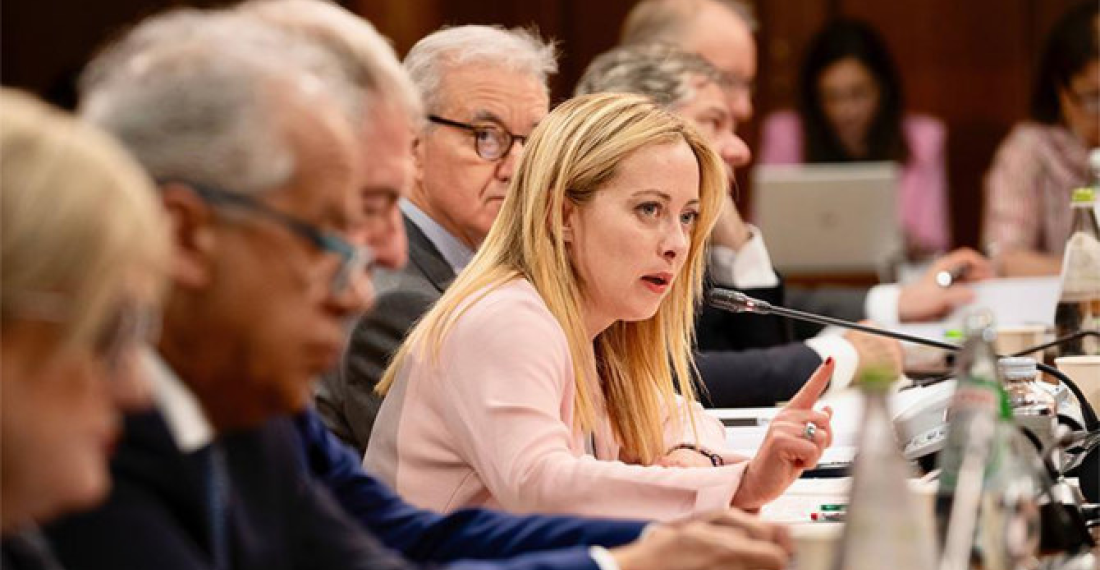The Italian government has lifted a 2019 embargo on exporting military weapons to Saudi Arabia.
The decision, taken on Wednesday (31 May) was announced in a communique at the end of a Council of Ministers meeting presided over by Italian Prime Minister Giorgia Meloni, and was made "in accordance with the foreign and defense policy of Italy".
Restrictions on the sale of weapons to Saudi Arabia were put in place in 2019 to prevent Italian-made weaponry being used in the conflict in Yemen.
The Italian government added: "Today there is no more reason to keep those restrictions standing any longer. The regional context in Yemen has changed, and since April 2022, partly thanks to the truce, military activities have been sensibly circumscribed."
Italy now believes that the reduction in military operations "significantly also mitigates the risk of misuse of bombs and missiles, particularly against civilian targets."
Rome also acknowledged that Saudi Arabia "has pursued intensive diplomatic activity in support of UN mediation and was also active in a decisive manner on the economic and humanitarian assistance front."







